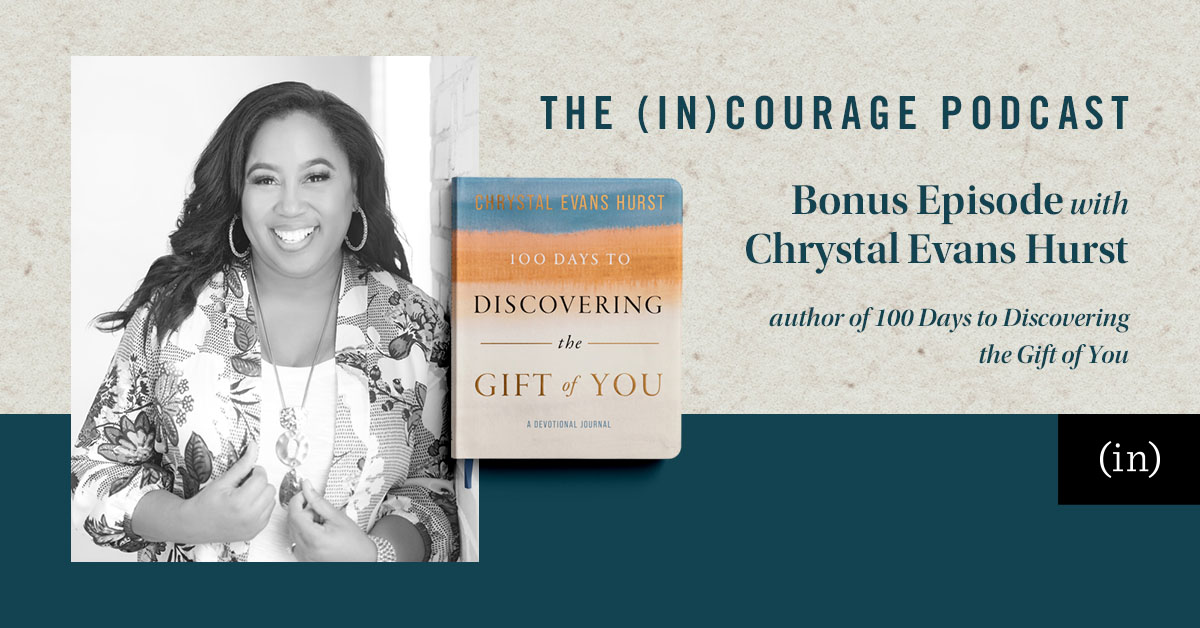“Mom, I love you, but this is why I am a minimalist.”
I opened the upstairs closet in a last-ditch effort to find my missing box. Objects tumbled out. I’d stacked and shoved. Shoved and stacked. With raised eyebrows, my daughter looked at me and chuckled. She had a point.
During various seasons, physical clutter has claimed too much territory in my life. One junk drawer crept into two. Organized pantry shelves now overtook space on the floor. And while I’ve created a cozy, welcoming environment for guests downstairs, my hidden spaces hold baggage I’ve held onto for far too long.
Time after time, I’ve declared “THIS WILL BE THE YEAR!! There’s a time to keep and a time to throw away.” I’ve celebrated significant progress and then allowed discouragement to derail me when the year ended as cluttered as it began. And while I’ve made intentional choices to simplify my life in many areas, my extra “stuff” carries a heavy physical and mental load.
The irony is that I have the knowledge to write a compelling book on home organization; I understand the systems necessary to declutter my life — but nothing changed until it was forced to.
In 2023, my husband and I celebrated thirty years of marriage. Our kids marked this covenant day with precious words and an announcement. “Since you’ve waited decades to replace your old upstairs carpeting, we’ll split the cost of the new flooring.”
What a kind, thoughtful gesture. They sensed a need, but couldn’t fathom the amount of work necessary for me to receive this gift. (Just pretend you’re packing to move without the benefit of a new house.)
For months, I couldn’t prioritize this overwhelming task. My friend Barbara reminded me that “Clutter is postponed decisions.” That’ll preach because I procrastinated until I received this text: “Mom, we budgeted for flooring last year. If you’re not going to use it, you’ll lose it.”
Our kids know me so well. The frugal saver in me created this mess, but she’s also the same saver who won’t pass on a free gift.
To move forward required brutal honesty. Not just with myself, but a heart evaluation before the Lord. So I prayed, “Search me, O God and know my heart; test me and know my anxious thoughts” (Psalm 139: 23 NIV).
And He did.
While I desired to halt the habits that were sabotaging my progress, I hadn’t been willing to do the hard work necessary to clear out the cluttered spaces in my heart and home.
It’s an often painful process to allow the Holy Spirit’s gentle care to convict our soul, isn’t it? The intimate nearness He offers and the freedom of wholeness are available right now, but it involves a submission to the transformative process of renewing our mind. I had run from discipline too often. If I wanted to experience newfound peace, I needed to acknowledge the work involved.
“No discipline is pleasant at the time, but painful. Later on, however, it produces a harvest of righteousness and peace for those who have been trained by it.”
Hebrews 12:11 NIV
If you’re a “Place for everything, Everything in its place” kind of girl, you may not understand the struggle of stuffed spaces. But when we reframe “clutter” as anything that gets in the way of living fully alive for God’s glory, then we realize we’ve all experienced the impact of clutter. Doesn’t wisdom suggest that if something isn’t drawing us closer to God’s goodness or His calling for us, we should let it go?
That’s my struggle. We can hold on to anything we want, but we must be willing to pay the price — in space, time, energy, and money. Because no matter how much we shove, shift, and hide our clutter, the cost takes its toll.
What might decluttering look like for you in 2025?
Could it be emotional or digital clutter that prevents peace within your home?
Financial clutter where debt hinders generosity?
Relational clutter created by a frazzled “to-do” list that limits your margin for others?
Or maybe spiritual clutter where bitterness, idolatry, or pride create barriers to a right relationship with the Lord?
It’s been a year since that “use it or lose it” text from our kids. My brother and I ended up installing the floors ourselves. Part of being honest meant acknowledging that I didn’t get here overnight and I wouldn’t get out from under it overnight either. (Plus I needed tough love to make progress.)
In the decision-making process, I’ve started asking, “Does this help me accomplish my work, enjoy my life, encourage others, or draw me closer to the Lord?” If not, it’s clutter. Full disclosure, I invited my minimalist daughter to speak the truth and hold me accountable. (I’ll let you know how that goes.)
Clearing the clutter of our hearts and homes is a journey and not a one-time destination, but a continual journey. While I witness the fruit of discipline that comes in the day-to-day as I choose to lay my preferences aside, it’s not only hard work, it’s transformative.
It allows room for my soul to breathe and I’m so proud of myself. I’m amazed at the peace it brings.
Do you desire that too? To declutter your heart and soul?
What’s one thing that you need to let go of that no longer serves you or Him well?
Join me in the comments as we reflect and imagine how our lives would feel if we decluttered that one aspect.


 From the introduction of
From the introduction of 
